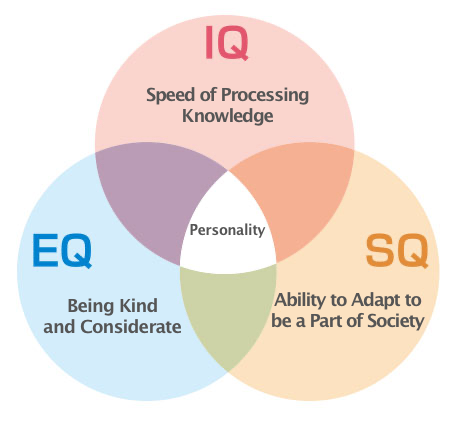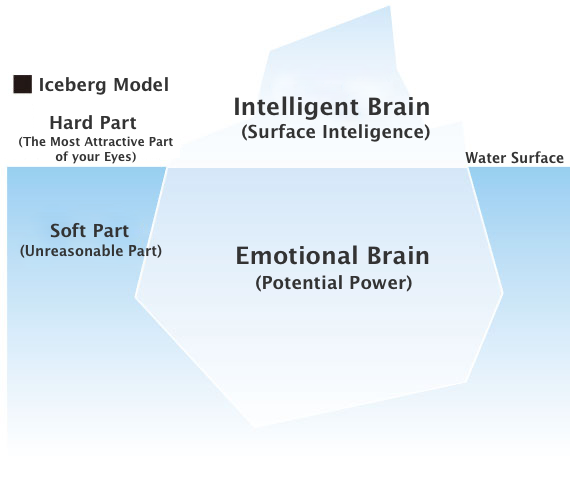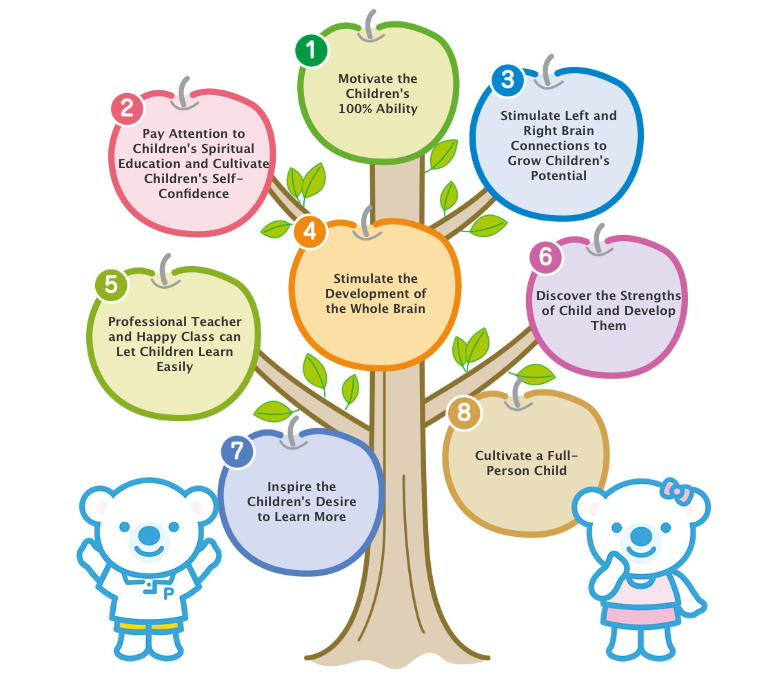
Education Policies (How to Bring the Best out of Children)
1. Bringing out 100% of Child’s Abilities
During Tsukuba Expo in 1985, professor Nozawa succeeded to grow the ordinary tomato using his Hyponica technique. Tomato plants are usually grow with 30-40 tomatoes but they can grow as the large trees when they are maintained in the suitable environment. Professor Nozawa’s tomatoes continued to grow for 5 years with approximately 13,000 yields of tomato.
This hyperthesis is able to prove that “everyone has his infinite abilities, but the adults mainly use only 5% of all the abilities they have. IMAGINE if Human can demonstrate all 100% of their genius abilities… so why is it difficult to use 100% of the abilities?

2. Focusing on Children's Spiritual Education and Developing Self Confidence
In psychological term, there is the definition of “Psychological Limit”. This psychological limitation has the effect that if children think they have some limitation to achieve something. As a result, they will not be able to fully demonstrate their abilities. On another hand, if parents support them and provide more friendly ambiences to boost their confidences, their potential abilities will be switched 100%
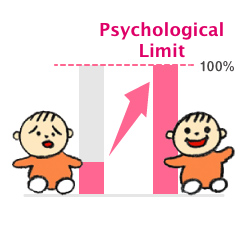
3. Stimulate the Connection of Left and Right Brain to Unleash its Potential
The connection of the left and right brain is very important!
Do you know that the functions of the right and left brains are different, but there is a dominant brain for each person just as there is a dominant hand. For instance, while listening to music, there are people who mainly listen with the right brain and people who listen with the left brain. Approximately 60% of the orchestra’s members are left-brained but the conducts have to be right-brained. The left brain can function well in some circumstances. However, when aiming more difficult tasks, it seems impossible to achieve if the dominant side is not the right brain.
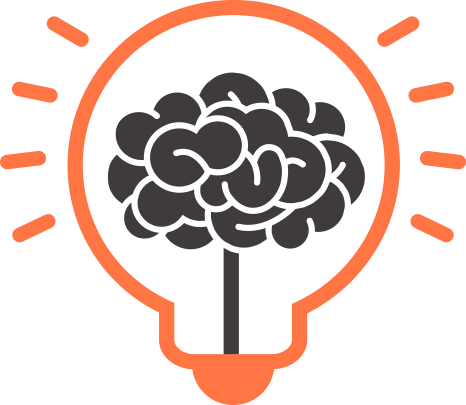
Most of Genius on earth is right brain dominant type of person
The brain is divided into the neocortex (logic brain), which is responsible for logic and the old cortex (sensitive brain) which is responsible for emotions and instinct. In contrast, those who have right brain can apply both logic and sensible brain at the same time. During the period of infancy, the right brain is the dominant brain but the left brain will dominate when they grow up. The left brain domination is derived from The Cerebral Neocortex. The cerebral neocortex which is called the logical brain.
4. Children and Parents can Share Their Age-Based Learning Methods in the Class
In 1980s, Roger Sperry won the Nobel Prize for discovering the different functions of left and the right brain. Then researches of brain had been far progressed in the 1990s which is so called “decade of the brain”. The more we learned about brain, the importance of childhood became recognized.
The classes provide the suitable environment for parents to engage in all activities with their children. Children will feel secure which is a quality time for parents and children to participate together.
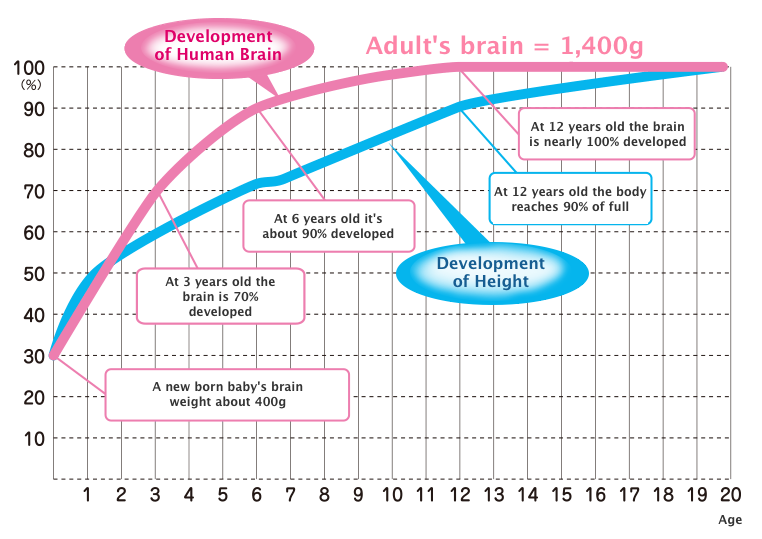
5. Having Fun While Learning
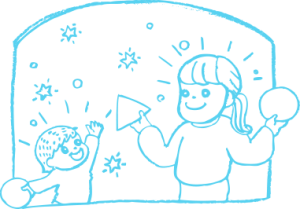
In short, it is "when the child's eyes are shining".
Infancy is a period of curiosity. However “what to learn” is determined by the Amygdala of the sensory brain. The tonsillar nucleus is mainly deciding whether it likes or dislikes. But when it is judged to be “interesting.” it signals “learn”. That is the moment the so-called “Learn mode” is turned on controlling the entire body to learn. For example, when children are interested and try to catch information, neuron connection is formed explosively. So it is very vital to create the activities to be interesting for children in order to switch their Learn Mode. The perfect period of time is said to be “age plus 1 minute”. For example, a 3 year-old child can only stay focused for about 4 minutes for each activity. That is the reason that we focus on our teaching period and activities in the classroom. In our classroom, the desk in front of the child is called “the stage” and quick lesson by a professional instructor is a “fun show”.


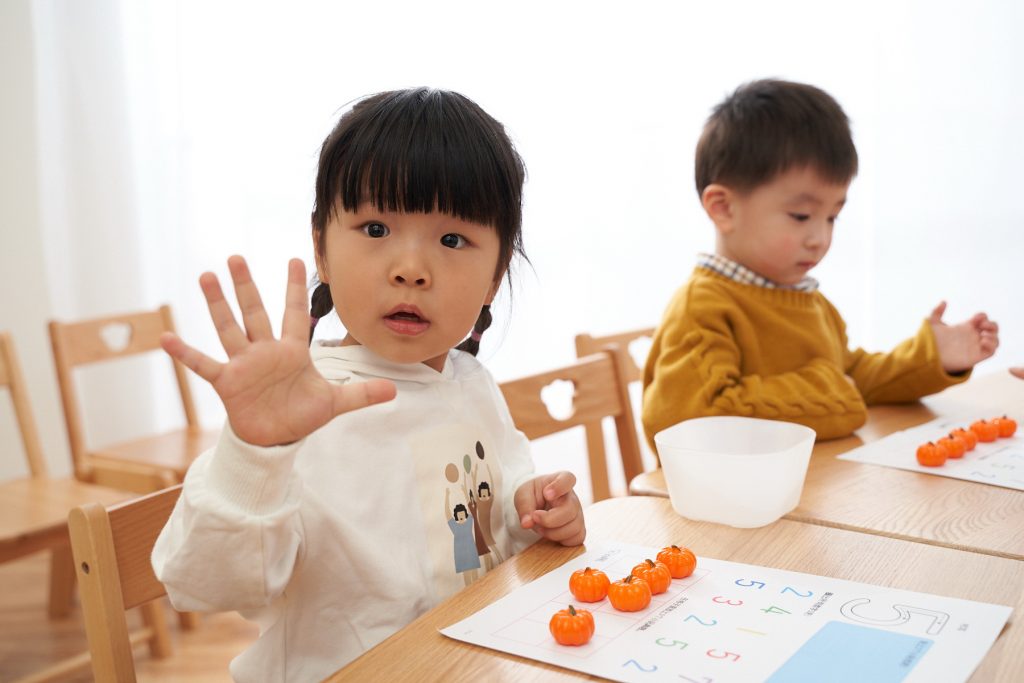
6. Finding Suitable Place for Children to Extend Their Potential
The secrets of early childhood education are training and raising. To make the clarification, we bring out the example of dolphin trainers. Dolphins have the same brain size as humans but they do not have a logical brain. According to dolphin trainers, there is one trick they keep in mind. If a dolphin fails to do some assigned tasks, dolphin trainers pretend to neglect its failure. However, when a dolphin do well, it deserves the reward and praises.
Since human do not develop a logical brain during early childhood, the state of the brain is close to the dolphin’s sensitive brain. However, human have the ability to learn on their own. Finding good place to train and raise child is a must. If children have the environment to derive that abilities, they can produce 100% of children’s potentials.
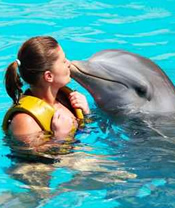

7. Challenge Children's Desire to Participate More
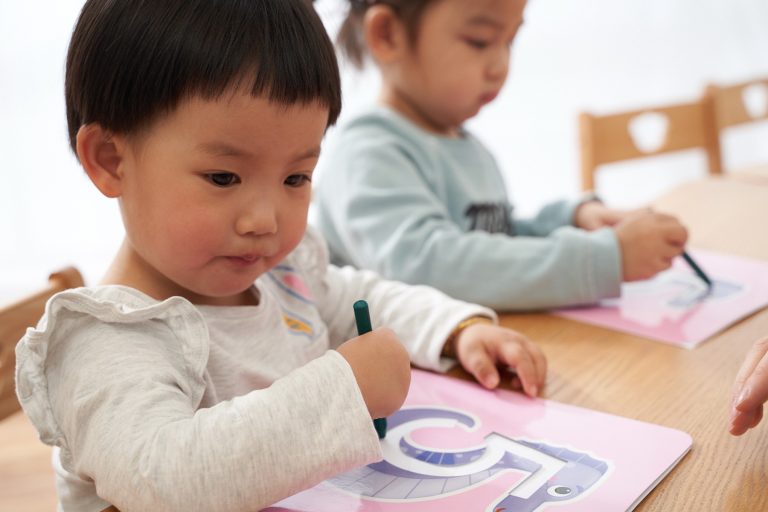
Is the state of "Adult's brain" and "Child's brain" different?
The state of adult’s brain is a logical dominant. So it is likely for adults to attempt to teach children logically. However, since children develop their sensitivity brain first, they do not know the logic behind adult’s teaching methods. For example while parents try to teach Japanese to their children, no one explains logically regarding to past or present perfect tenses. It makes more sense to naturally play around with words after listening so many times.
The brain of childhood has the ability to create its own logic without having to learn how
Most parents do not know the proper ways to educate their children and find most of the time forcing knowledges and logics as adults normally receive. As a result, they will end up losing their children’s natural potential. Once the critical period has passed, it will not be able to recover again. COPEL believe
that it is important for children to work on the emotional brain to make them happy and encourage their curiosity.
8. Cultivate a Child's Full Personality
Nurturing a whole-brain human with the logical brain and the sensitive brain working in a well-balanced manner
The importance of mental intelligence including emotional intelligence and social intelligence has begun to be recognized. We cannot deny that intelligence education is important. However above all, ethical education is the core to develop humanity.
It is essential for a whole-brain to work in conjunction with both logical and sensitive brain. The perceptual brain is a symbiotic brain, in a state of “everyone is one”. The researchers observed the dolphin group dominated by the perceptual brain and here it happened. “Dophins never rob other dolphins and they can live together as a group even though there is no leader in a dolphin group. The researchers speculated the hypothesis that dolphins treat the group as themselves.
We believe that well-developed emotional brain can cultivate excellent personality qualities. Matsui Hideki, an active player in the Godzilla Major League Baseball, was asked “You don’t do anything like raising your arms to show victory.” Then he replied “Because it is impolite to throw at opponents”. With this circumstance, he regards the opponent as a companion who plays baseball together. Like dolphins, they think that the group is themselves. These examples emphasize on the emotional brain. So we also teach how to treat others kindly and pursue excellent psychological qualities as the same time. We, COPEL, hope that through the balanced development of children’s rational and emotional brains, children’s eyes will radiate with bright smile which contribute to their kindness to everyone in the world.
